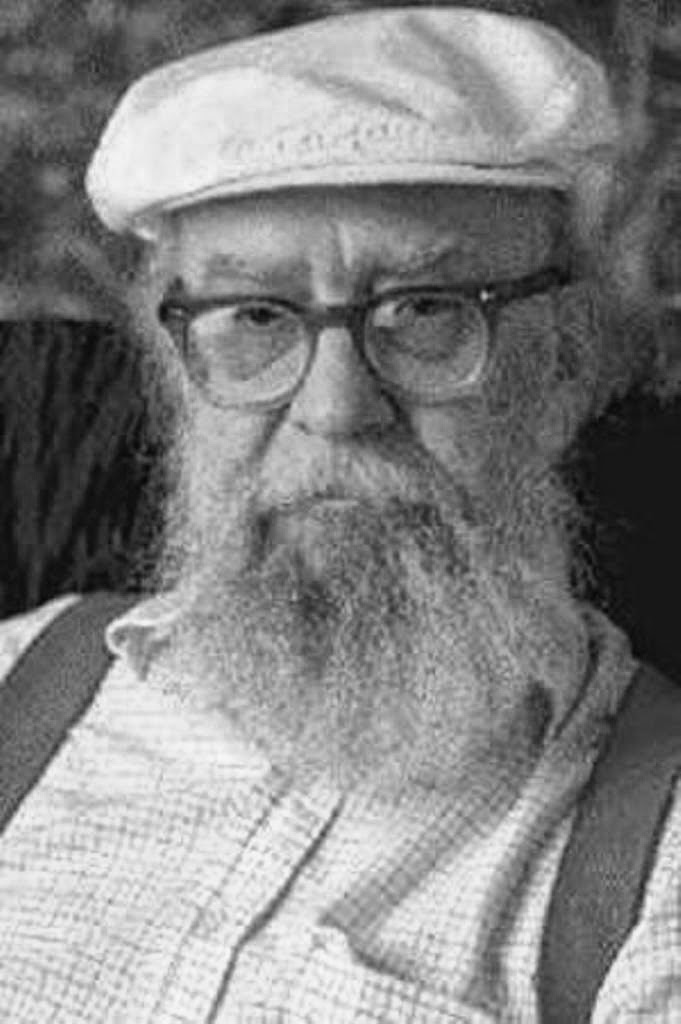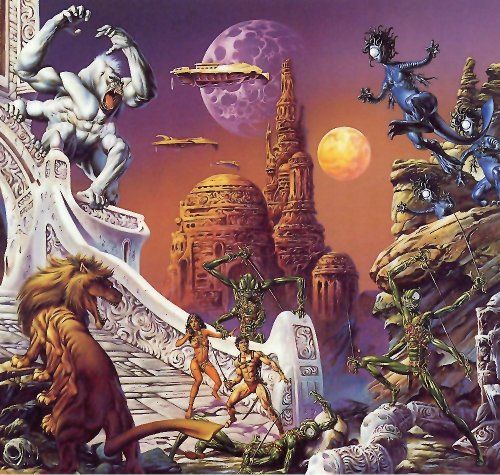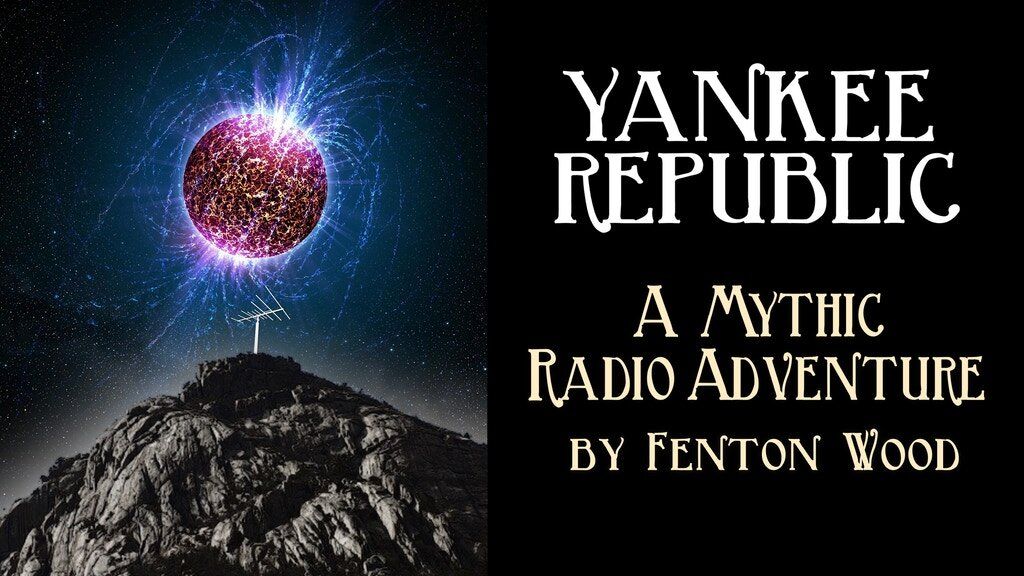Hacking Galileo Book Review

Hacking Galileo by Fenton Wood is many things: an adventure, a lament for an age now lost, even a manual for subverting obsolete technology.
This book is for the adults who once were the spergy GenX and GenY kids who are the stars of this book. The kids who built radios and telescopes in their garages. The kids who hiked off in the desert and came back days later and their parents didn't even blink. It was a different world, but this book captures what it felt like to live in it.

I'm genuinely curious how this book would seem to actual millennials, those kids born in the 1990s who were too young to remember any of this. Because I remember this. Kids had a lot more freedom in those days. True freedom, to go places and do things without constant supervision or clear boundaries. Sometimes, they even got in significant trouble.
This was very much a mid-century American thing, as Tom Wolfe's essay The Tinkerings of Robert Noyce: How the Sun Rose on the Silicon Valley makes clear:
In May a group of Bob Noyce's friends in one of the dormitory houses at Grinnell decided to have a luau, and he was in on the planning. The Second World War had popularized the exotic ways of the South Pacific, so that in 1948 the luau was an up-to-the-minute social innovation. The centerpiece of a luau was a whole roasted suckling pig with an apple or a pineapple in its mouth. Bob Noyce, being strong and quick, was one of the two boys assigned to procure the pig. That night they sneaked onto a farm just outside of Grinnell and wrestled a twenty-five-pound suckling out of the pigpen and arrived back at the luau to great applause. Within a few hours the pig was crackling hot and had an apple in its mouth and looked good enough for seconds and thirds, which everybody helped himself to, and there was more applause. The next morning came the moral hangover. The two boys decided to go see the farmer, confess, and pay for the pig. They didn't quite understand how a college luau, starring his pig, would score on the laugh meter with a farmer in midland Iowa. In the state of Iowa, where the vast majority of people depended upon agriculture for a livelihood and upon Protestant morality for their standards, not even stealing a watermelon worth thirty-five cents was likely to be written off as a boyish prank. Stealing a pig was larceny. The farmer got the sheriff and insisted on bringing criminal charges. There was only so much that Ralph Noyce, the preacher with the preacher's son, could do. Grant Gale, on the other hand, was the calm, well-respected third party. He had two difficult tasks: to keep Bob out of jail and out of court and to keep the college administration from expelling him. There was never any hope at all of a mere slap on the wrist. The compromise Grant Gale helped work out? a one-semester suspension? was the best deal Bob could have hoped for realistically.
As strange as it might seem that one of the founders of Intel nearly didn't graduate college because he stole a pig, this anecdote illustrates one of the pieces that is missing from contemporary America. The wild, pioneering, tinkering mindset that allowed for America's mid-twentieth century technological prowess flourished in the conditions that produced Robert Noyce. This book is in part about the last time that something like those conditions prevailed in America, and what happened to bring them to an end.
One of the things that more freewheeling culture was good at was producing young men who understood the Secret of the Machines:
But remember, please, the Law by which we live,
We are not built to comprehend a lie,
We can neither love nor pity nor forgive.
If you make a slip in handling us you die!
America's shade-tree mechanics could be trusted to handle dangerous things without supervision, because their upbringing had written in their hearts the principle that reality cannot be cheated. This mechanical insight meshed well with the honesty that provoked Bob Noyce to confess his crime. If he had simply kept quiet he might have gotten away with it, but that man, and all the others like him, would not have had the degree of mystical attunement to Nature's hidden springs that made the second industrial revolution possible.

Another of those elements was the part of American culture that was anti-establishment but not anti-civilization. The kind of man who couldn't stand to see the revenuers on his land, but would happily feed and house a neighbor in need. The kind of man who would not watch the world burn, but wouldn't piss on a politician who was on fire either.
In the 1960s and 1970s, since booze was mostly cheap and legal, one of the ways this manifested was in phone phreaking. AT&T was as establishment as you could get, with their telephone monopoly. So bright and mischievous kids figured out ways to use and abuse the technological marvel that was the landline telephone system. Like making a local telephone exchange play the Hearse song.
Since I came right at the end of all this, I was too young to participate, although I desperately wanted to. I learned about all of this through a copy of a certain infamous book, but you, dear reader, can be educated much more easily now that this is all out of date.
Hacking Galileo uses the method of good "hard" science fiction, instructing the reader in scientific or engineering principles using an adventure story to keep things from becoming tedious. Despite the fact that I think science fiction isn't a real genre at all, I do have a great fondness for the many authors who successfully hybridize adventure stories with futuristic speculation.

However, Hacking Galileo has another side to it; one that would have horrified the truest of true believers in science who coined the term "science fiction" precisely to exclude the kind of fantastic speculation that you get here. Readers of Fenton's earlier works will not be surprised, but the Terrible Secret of Space would have given the Futurians fits.

However, I believe that the Futurians misunderstood their own creation. Edgar Rice Burroughs inspired more scientists and engineers than all the Futurians put together. Those kids who knew the secret of the machines also heard the music of the spheres, and were inspired by a sense of heroism that embraced the mystical and the fantastic.
The Futurians wanted to make their readers good socialists by throwing away the fantastical, but it kept sneaking in the back, because it makes for good stories. Hacking Galileo is a good story. Fenton Wood blends the hardest of hard sci-fi, with orbital mechanics, antenna engineering, and good old fashioned social engineering with some of the craziest stuff I have seen in print.
That it all hangs together is a testament to Fenton's skill, and a lot of fun besides. Almost as much fun as those boys had saving the world.
With Both Hands Classics | My other book reviews | Reading Log
Mini-reviews





Comments ()